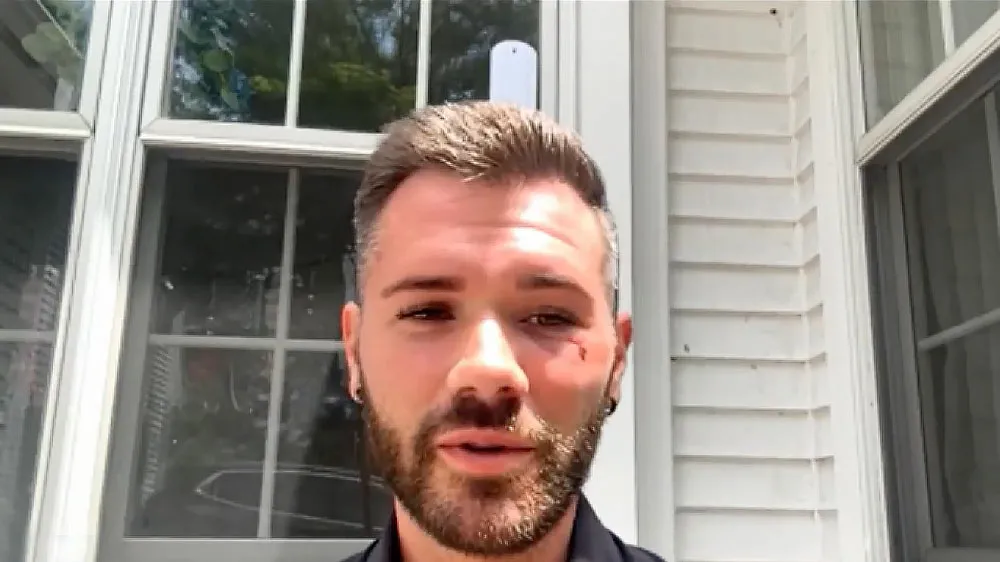June 1, 2016
AIDS Institute Praises Court Decision Lifting Restrictions on Hep C Drugs
EDGE READ TIME: 2 MIN.
On May 27th, a federal district judge ordered Washington State Medicaid to lift its restrictions on their coverage of Hepatitis C drugs citing that the curative drugs are medically necessary. STAT reported that plaintiffs in the case were denied the medications because Washington Medicaid restricted access to only beneficiaries with advanced liver disease.
"The AIDS Institute congratulates the plaintiffs and all those involved in the case for pursuing the right of Medicaid beneficiaries living with hepatitis C to have access to medications that can cure them," stated Carl Schmid, Deputy Executive Director of The AIDS Institute. "We urge all other state Medicaid programs to note this important decision and remove their harmful restrictions." Delaying treatment can lead to poorer health outcomes along with additional infections of hepatitis C.
The Centers for Medicaid Services (CMS) last fall sent a letter to all State Medicaid programs informing them that clinical guidelines for the hepatitis C medications should be followed, and restricting access to only the sickest patients violates Medicaid law. In his decision, Judge John C. Coughenour cited the letter and said Washington State's current policies were specifically rejected by the federal government.
Since CMS sent the letter, only a couple of states have lifted their restrictions, most have not.
In January, 2016, The AIDS Institute, which is based in Washington, DC and Florida, sent a letter to the Florida Medicaid program urging them to remove their restrictions in accordance with the CMS letter. Florida Medicaid currently requires a lengthy and burdensome prior authorization process that limits drug access. This includes information about beneficiary drug/alcohol usage as well as METAVIR fibrosis score of F3 or F4, which indicates advanced liver disease. To date, Florida Medicaid has not changed its requirements.
"It is critical that people with hepatitis C receive access to these curative treatments as soon as possible. Patients should not have to wait until their livers are damaged to receive the cure," said Michael Ruppal, Executive Director of The AIDS Institute. "The limits that Medicaid programs around the country, including those in Florida, have instituted are not based on clinical guidance and must be immediately lifted in order to improve the health of Medicaid beneficiaries throughout the country. We also call on CMS to take the necessary steps to enforce federal Medicaid law," he concluded.
According to CDC there are an estimated 3.5 million people living with hepatitis C in the U.S., including approximately 318,000 in Florida. The new hepatitis C medications provide a cure for nearly all patients after a quick 8 to 12 week course of treatment.


